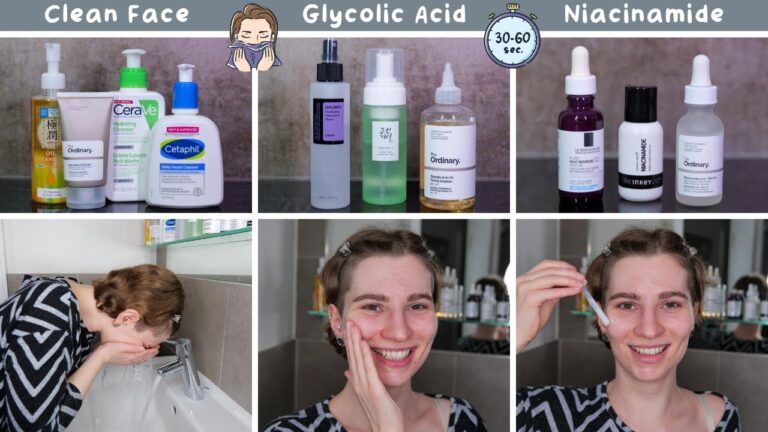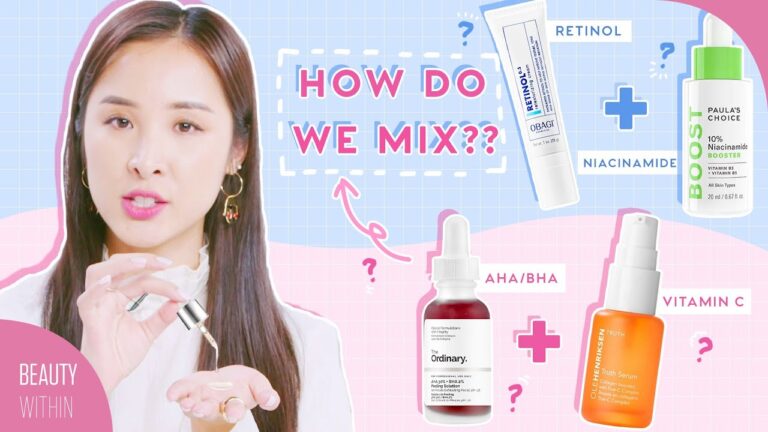Everything You Need to Know About Nicotinic: Benefits, Side Effects, and More
Nicotinic: A Comprehensive Guide to the Benefits and Drawbacks
Nicotinic acid, or vitamin B3, is an essential nutrient that our bodies need to function. But what exactly is nicotinic acid, and how does it benefit our health? In this article, we’ll delve into the science behind this vital nutrient and explore its many benefits, as well as its potential drawbacks.
What is nicotinic acid?
Nicotinic acid, otherwise known as niacin or vitamin B3, is an essential nutrient that our bodies use to convert food into energy. It’s also crucial for maintaining our nervous system and supporting healthy skin, hair, and eyes.
Benefits of nicotinic acid
1. Boosts heart health: Nicotinic acid has been shown to increase HDL cholesterol (“good cholesterol”) levels and decrease LDL cholesterol (“bad cholesterol”) levels, which can help reduce the risk of heart disease.
2. May lower triglyceride levels: Studies have found that high doses of nicotinic acid can help reduce triglyceride levels, which is another risk factor for heart disease.
3. Promotes healthy skin: Nicotinic acid plays a role in supporting healthy skin by helping to repair damaged cells and reduce inflammation.
4. Supports brain function: Nicotinic acid is essential for proper brain function and has been shown to have neuroprotective effects, which may help reduce the risk of cognitive decline.
Drawbacks of nicotinic acid
1. Can cause flushing: High doses of nicotinic acid can cause flushing, which is a temporary, but uncomfortable, sensation of warmth, itching, and redness on the skin.
2. May damage the liver: Long-term use of high doses of nicotinic acid can potentially cause liver damage, although this is rare.
3. Can interact with other medications: Nicotinic acid can interact with other medications, including those used to treat diabetes, blood pressure, and cholesterol.
Products containing nicotinic acid
If you’re looking to incorporate nicotinic acid into your diet, there are a few different ways to do so. Here are some products that contain nicotinic acid:
1. Yeast extract: Yeast extract is a common food ingredient that’s high in nicotinic acid.
2. Meat: Many types of meat, such as beef, chicken, and turkey, are good sources of nicotinic acid.
3. Supplements: Nicotinic acid supplements are available over-the-counter and can be an easy way to ensure you’re getting enough of this essential nutrient.
In conclusion, nicotinic acid is an essential nutrient that has many health benefits, including boosting heart health, promoting healthy skin, and supporting brain function. However, it’s important to be aware of its potential drawbacks, including flushing and liver damage. As with any supplement, it’s important to speak with your healthcare provider before incorporating nicotinic acid into your diet.
Most searched products:
Does Sephora Support Israel? Answering Your Questions
The Ultimate Guide to Azealic Acid: Benefits, Uses, and Side Effects
How Long Does Glycolic Acid Take to Show Results: Your Ultimate Guide
Discover the Benefits of The Ordinary Botox for Your Skin
The Ultimate Reviews of The Ordinary Peeling Solution
The Ultimate Guide to The Ordinary Colours Foundation: Reviews, Swatches, and Tips
The Perfect Order: When to Use Retinol and Niacinamide in Your Skincare Routine
Unlock the Power of Hyaluronic: Benefits, Uses, and Top Products
Say Goodbye to B.O with Glycolic Acid Deodorant: The Secret to Long-Lasting Freshness
Unlock Smooth and Supple Skin: Discover the Best Skincare Products for Skin Suppleness













